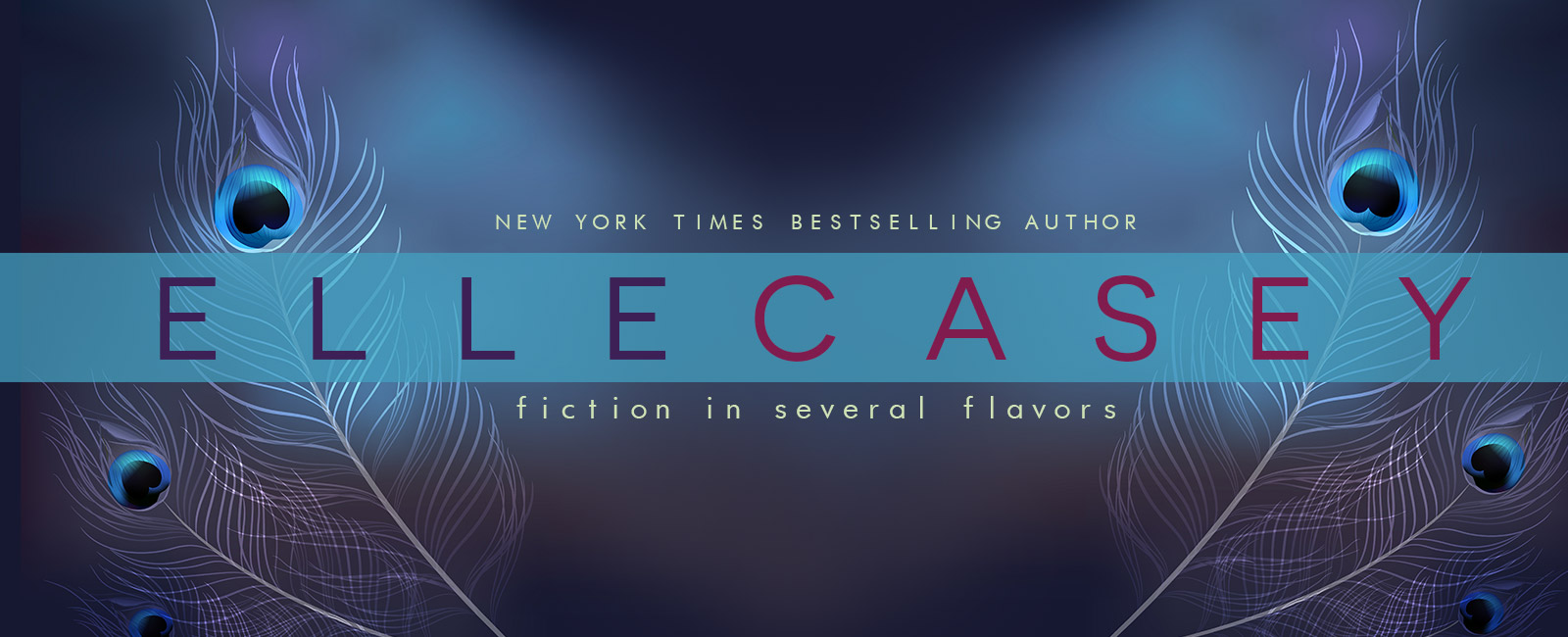I've always known that many of my readers are also aspiring writers because they contact me for advice and encouragement (which I'm always happy to give). Just recently I realized how many members of my Street Team have manuscripts they're working on, and I really want to encourage all of them (and you) to GO FOR IT!
Since the requests for help that I get are increasing now, and I tend to give out the same advice over and over, I thought the best way to share my knowledge would be through a blog post. Read on for my Top Tips for Aspiring Writers, and you can also check out this older blog post that gives some great tips too: Some Things to Consider if You Want to Make a Living Writing Books. These tips are in no particular order.
Jump in there and do it.
Nobody's going to come knocking on your door asking you to write a book for them, but there are plenty of people out there who want to read what you have to write, I promise. And they’ll pay you for it! Also I wouldn't bother with the traditional publishing process because it takes so long, and the market is flooded with people doing that. Besides, you really don't need a gatekeeper between yourself and your readers. Let the readers decide if you're a good writer. Let the readers give you the very valuable feedback you need in order to improve your skills; and then, after you've had some success as a writer with the real people who matter — that is the readers — go ahead and send out a query letter if you still feel the need. By following this path you will have the confidence to push through the closed doors you’re apt to find.
Plan your branding strategy from the start.
Make everything consistent: social media, covers, swag, etc. I didn't do that, and I've been kind of patching it together as I go. It's much more effective to start it properly and then keep it going consistently. You may not know exactly who you “are” as a writer when you first begin, but you should give it some serious thought and start in a solid direction. Be consistent with your genre too. For example, if you're writing thrillers, your website shouldn't be pink and purple with romantic script for a font choice. For someone like me, who writes in several genres, it's more difficult to have one brand that fits them all, but it is possible to tie your different books and social media sites together with similar colors, fonts, etc. I'm working on all that now and it's a big project with over 30 novels!
Write a training manual for your publishing business.
Time is precious: don't waste it. Keep a log book of all the processes you use in your publishing day. I recently hired a full time assistant (Noelle! Holla!), and we have spent 3 solid months going through the training process. Had I taken notes all these years on what I was doing as I went along, we could have short-cut that process by about 2 of those months. Keep in mind that if you do self-publishing well and become successful at it, you'll eventually need help.
Make a good first impression.
You only get one chance to make a good impression, so don't waste that chance with a crappy cover, bad blurb, and no editing. Saying you'll pay for it after you make money is completely nonsensical. No reader will read your stuff if it looks and is amateurish, and you shouldn't expect them to. You can get high-quality pre-made covers for under $100 (sometimes as cheap as $20), editing for a few hundred $ (or free from someone you barter with, or someone who just likes to do it for fun), and blurb help from writing critique groups. If you want a professional career as a writer, treat your business like a professional would. Invest in it, invest in your readers, invest in yourself.
Be yourself, but remember who you are.
Be genuine. Be yourself. But remember, you are a writer. When you start your online social media presence, everything you put out there will be viewable by the public forever. Keeping up a fake persona for years and years will be exhausting and nearly impossible to keep consistent. Just be yourself and you'll find your audience. If you're strange and unusual, more's the better. Authors are creative people; don't feel like you have to be someone else. You're awesome just as you are. But also, remember that your online persona should reflect the writer-you. Share your writer-self. Yes, it's true. We have two selves as writers: one that writes books for a living and one who's just a person with a family, bad habits, health issues, and any number of other very private things going on. Readers want to know what you're reading, what you're writing, what motivates and inspires you to do what you do. They don't necessarily want to know about your marital troubles, your sick uncle, or your fruitarian diet (unless that's a big part of your books!) Keep the conversation about your writer-self, and your readers will always be interested in talking to you. Talk about random things that have nothing to do with your readers (that might, in fact, alienate them) and they'll probably go elsewhere for conversation. In my opinion, it's better to be safe than sorry. Keep the conversation genuine, light, and writer-focused.
Make friends with other authors.
Cross-promotion of your work among a group of authors can be very important. Having someone you can talk to about writer-woes is, too. Sharing ideas is fun and spreads good karma that bleeds over onto our readers, giving them better things to read. There's no reason to be a writer-hermit, even if you're writing in a room all by yourself at the top of a mountain. Writing for a living can be very solitary, emotional, mentally exhausting, and just plain difficult. Having someone to share a joke with, sound off on, and strategize with is critical. Just remember, though — what you put in an email or an instant message can be shared with anyone. Guard your brand and your financial safety carefully. I have personally experienced making friends and losing friends in the indie community, and the drama can sometimes come in very high levels.
Have fun.
Write what inspires you to get up in the morning. If it's a specific genre, great. If it's money from sales of the most popular genre or topic or writing style, great. Whatever motivates you, do that. Why? Because if you're heart's not in it, the readers will feel that, and they won't buy your next book.
Questions? Comments? I'd love to hear from you! Come leave a reply to this blog post on the homepage of my website ellecasey.com, come say hi on my Facebook page, or drop me a line anytime at me@ellecasey.com. Want to join my Facebook Street Team, where we talk about all things book-related? Click here.




Pingback: Elle Casey's Advice for Aspiring Writers | The Passive Voice | A Lawyer's Thoughts on Authors, Self-Publishing and Traditional Publishing
Great tips! Thanks very much! I’ll be using these!
My pleasure. Let me know how it works out for you. 🙂
I am an inspiring newbie author with 10 short stories under my belt . I find your advice to be the most helpful . you are so kind . most authors are not willing to take time to inspire fellow new authors . I have read 3 blog post . I love you are so down to earth .
and full of amazing advice . thank you Bonnie Morawa
My pleasure. 🙂 xoxo Elle
You are such a huge inspiration! To reach the level of success that you have in self publishing, gives new authors hope. You are beyond kind to share your vast knowledge with us all. Thank you so much for the amazing advice.
It is absolutely my pleasure! xoxo Elle